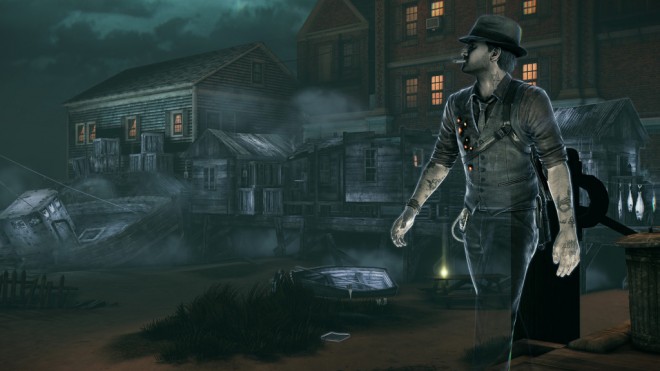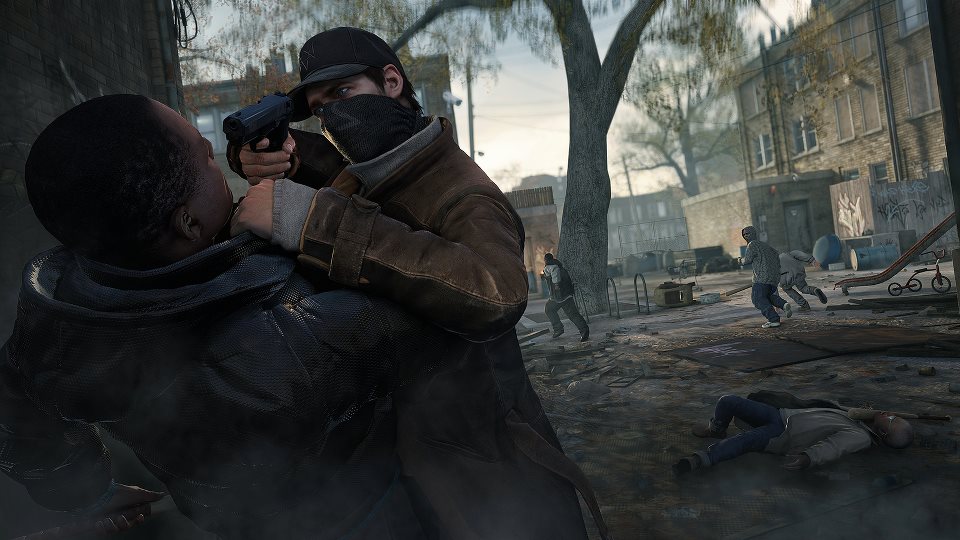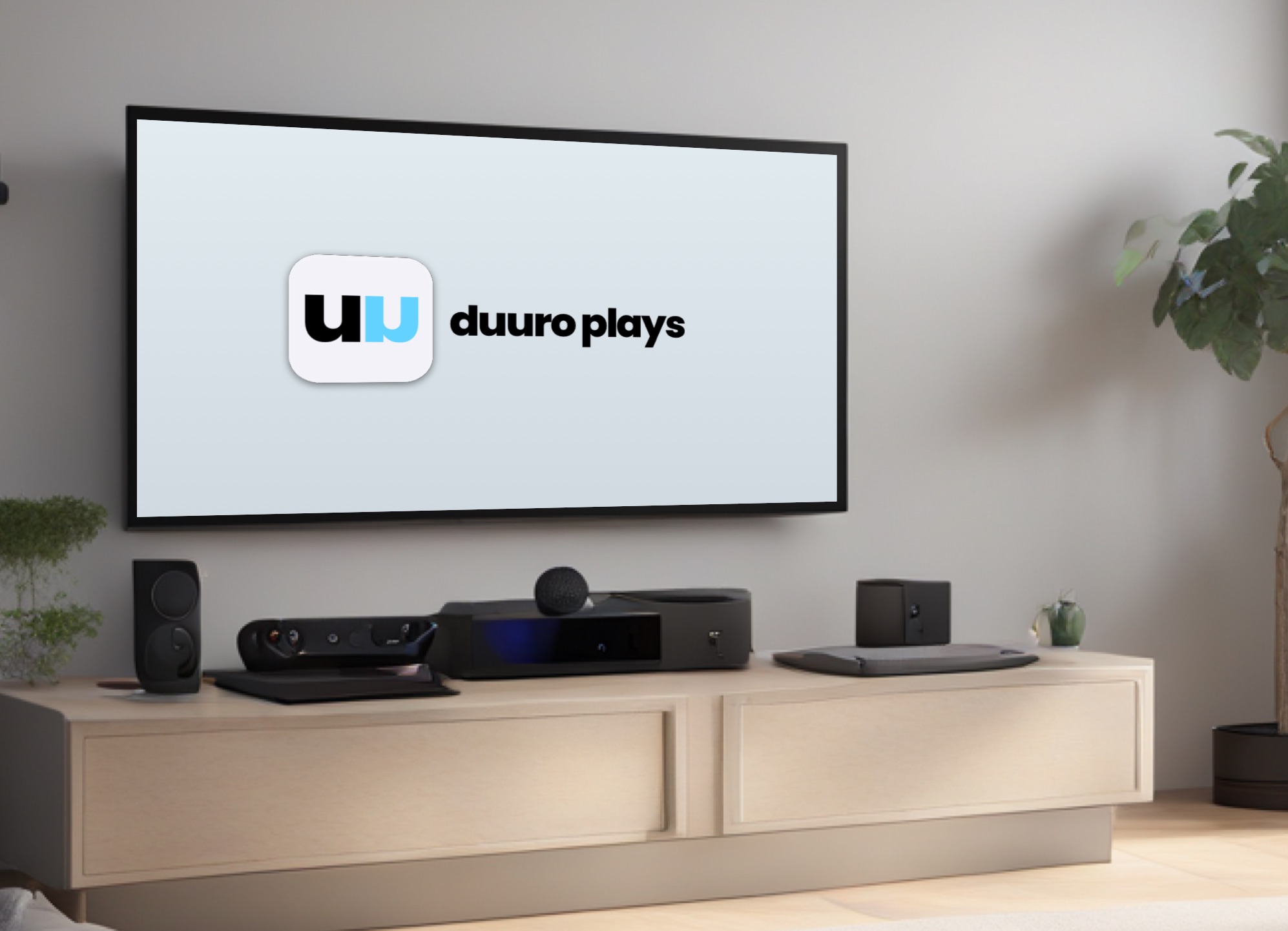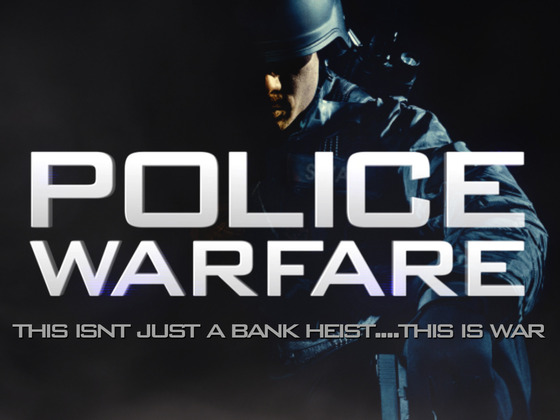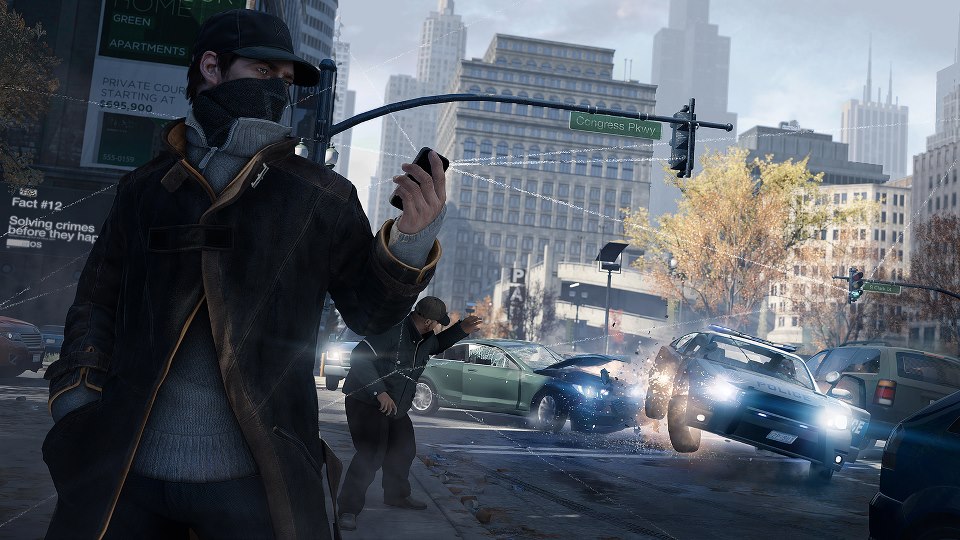As with most, my first foray into gaming occurred at a tentative, impressionable young age. Whilst visiting a friend, I distinctly recall the point at which we got bored of trying to ride a mattress down the stairs, and instead channelled our attention into a fascinating new device: the Playstation One. After its discovery, we sank a substantial amount of time into a demo disk, flicking between the games, trying each one, failing, and moving on. Because the mind of a seven year old (or my mind, at any rate) is fickle and slightly unbalanced, none of the games really held our attention for very long. Except one: Crash Bandicoot.
Soon after I was fortunate enough to receive my own PS1, complete with a copy of Crash. For a young gamer it was perfect; the brightly coloured levels, the funky noises and sounds, and the challenges that delicately trod the line between tricky and frustrating. If that wasn’t enough, it also starred a bipedal marsupial in snazzy blue shorts. It was everything that the wandering mind could ask for and, needless to say, I was hooked. Hell, even after the 100th attempt at trying to finish that warthog level, I still couldn’t get enough of it.
Its brilliance lay in its simplicity, and from that point on I was completely sold on the Crash series. That is, right up until they handed the rights to Eurocom, and Crash Bash was released, a game so decidedly un-Crash that still makes my inner child weep. But Crash Bash aside, it was exactly what I needed to get me into games; solid, engaging fun. The plotlines of each game were amusing, but largely inconsequential, and as a result, the sequels were fresh and exciting whilst still maintaining a comfortable familiarity that younger audiences crave.
Fast forward four years to 2002, and I was the proud owner of a brand-spanking-new Playstation 2. Since I had first gingerly made my way onto the gaming scene, three sequels to Crash had been released (real sequels that is, not Crash Bash), but I decided, as a proud 11 year old, that it was time for me to grow up a bit, and move on to bigger and better things. Fortunately for me, Naughty Dog was a step ahead, creating a bold new adventure platformer that was aimed at a slightly older audience. It was more story driven than its predecessor, but it was still just as colourful, and equally tongue-in-cheek. Thus, 2002 was to be the year I got my grubby, pre-pubescent hands on a copy of Jak and Daxter: the Precursor Legacy.
Besides being technically amazing for its time (it was one of the first adventure games that was open world, and had no loading screens between areas), Jak and Daxter is one of the only games I’ve ever completed 100%, an achievement that I’m still very smug about. It cleverly retained the whimsy of the Crash games, as well as a few of its mechanics, whilst adding a whole new world to explore and grow attached to. As a result, it became one of the first games I was truly invested in, both in terms of gameplay and plot.
The same year I partook of Jak, Grand Theft Auto: Vice City also made its debut, churning up the usual maelstrom of tedious complaints, and prompting the appearance of ‘experts’ who made wildly unfounded connections between games and child psychology. My parents refused to buy it for me (no matter how many times I offered to wash the dishes or clean the car), and so in my mind, Vice City became the forbidden fruit that I could never quite reach. That is, until I found out that Jak was getting a sequel. So, I waited. Then, in 2003, the advent of my teen years, Naughty Dog went right ahead and handed me Jak 2: the closest alternative to a GTA game that I could ask for.
Thereafter, the Jak series took a decidedly grittier approach to adventure platformer, replacing quaint beach-side villages with grim, dilapidated slums, and picturesque forests with barren wastelands. Jak himself went from being a bashful mute to an angry, morally hazy rebel with a penchant for explosions. This was a coincidence as, by the time Jak 3 rolled around, I was beginning my transformation into a hormone driven nightmare. The story ran in a strangely parallel manner to that of an average teen; Jak was struggling with an ‘inner darkness’, and frequently found himself in conflict with an oppressive authority, which of course, made him even angrier. Naughty Dog had already created an interesting foundation for a world in Jak and Daxter, and with the sequels they clearly spent a lot of time expanding the lore of their universe, and this led to a marvelously interesting story, one that I was old enough to fully appreciate and follow wholeheartedly.
Sadly, it wasn’t long before the trilogy had concluded, and I was left with that empty feeling that I’m sure all gamers are familiar with – the one that strikes just as the credits are rolling, as you’re given a moment to reflect on the magnificent journey that you’ve been on. Suddenly you wish you could do the whole thing again for the first time. Once again, I found myself believing that it would be the last I’d heard of Naughty Dog.
But you know what’s coming next, don’t you? That’s right, four years later, and several hundred pounds lighter, I excitedly rushed to my dimly lit room, switched on my tiny television, and carefully slid my copy of Uncharted: Drakes Fortune into my shiny new Playstation 3. Now almost 17, Uncharted was exactly what I was looking for. It distanced itself from the childlike undertones of the Jak games, but still had a roguish charm that adults and teens alike could enjoy. It had all the adrenaline (and seemingly the budget) of a Hollywood film, but still held onto the colour and beauty that Naughty Dog so insistently injects into their worlds. Equal parts easy-going and gritty, Uncharted didn’t pull many punches when it came to the action, but between the incredible set pieces and tense gunfights, it still made time for banter between the characters. The effort that Naughty Dog had taken was palpable; the characters were well rounded and interesting, and because of this, the games became all the more engrossing, and before I knew it, I was under their spell all over again.
Skip a few more years to July of 2013, and I was grudgingly entering adulthood, albeit as a penniless student living off toast and cheap cider. Finally finished with Uncharted 3, I was once again craving something new, and shortly before I graduated, my housemates both returned home for a week, leaving me to my own devices. So, after stocking up on the aforementioned bread and cider, I decided that it would be the perfect time to bang through Naughty Dog’s newest creation, The Last of Us.
My whirlwind love affair with TLOU was brief, but goddamn was it passionate. The game lasted me little more than two days, and in that time I became completely and utterly lost in the world of Joel and Ellie. Playing through it in such a short span only made the experience more of a rollercoaster, and as the events of the game began to spiral out of control, escalating beyond all belief towards the epic finale, I was left such an emotional wreck that the ending left me quite literally reeling. With nobody to discuss it with, I found myself wandering aimlessly around my house, trying to come to terms with everything I’d just witnessed. The world that Naughty Dog had forged in TLOU was so visceral, so bleak, and so believable that it was impossible not to become entirely immersed. However, despite the dark backdrop, TLOU still had all the scale, beauty, and attention to detail that fans of Naughty Dog have become accustomed to. However, it’s a game that’s not only technically impressive, but also masterful from a storytelling perspective; it forces you to consider every one of your actions, and demonstrates some strikingly deep insights into the motivations of the characters. It's a testament to the script, as well as the excellent casting, that it's so easy to become emotionally involved with the plight Joel and Ellie, a fact that makes the conclusion to the game so heartbreaking. As a fan of dystopian fiction, it appealed to every one of my ‘grown up’ sensibilities, and as the credits scrolled past my stunned face, I could really understand the merit behind every award that it had earned.
This is why I love Naughty Dog; it’s easy to make mistakes in the wild world of gaming (cough-Crash Bash-cough) and now more than ever it seems all too easy for developers to recycle old ideas for a quick buck. Naughty Dog, however, are consistently trying to stay ahead of the curve, whether it be by pushing a device to its limits, or telling an old story in a never-before-told way. They seemingly pivot and change in ways that they know will be fun and appealing to their fans, something that’s relatively uncommon in this age of copy/ pasting. Even now, as they’re preparing for the release of Uncharted 4, it seems the sequel is shaping up to be darker and more mature than ever before, but I’m sure it will undoubtedly be just as beautiful and memorable as its predecessors. How do I know? Put simply; Naughty Dog is one of the few, great developers that can lower the tone, but never lose the colour.
You may consider their older works as ‘kids games’, and you may think that their newer pieces are ‘overhyped’. Either way, I urge you to go out and give them a go. But not Crash Bash. Never Crash Bash.
